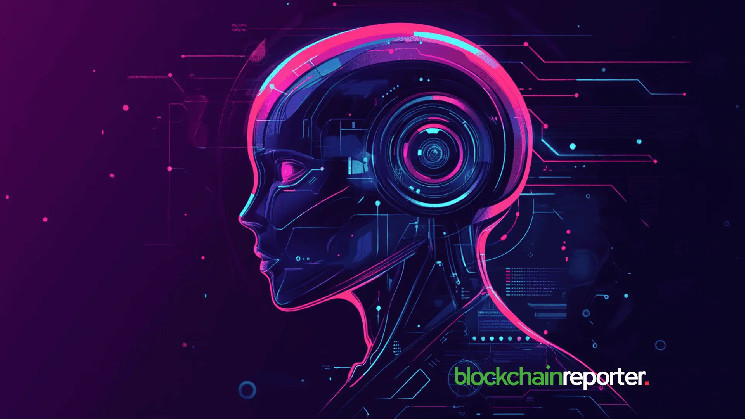Lagrange, a cryptographic platform using verifiable calculations and ZK proofs, is partnering with IQ AI, a popular platform that develops tokenized AI agents. Collaboration is the target for incorporating the latest zero-knowledge machine learning into IQ AI’s agent tokenization platform. The platform announced this development in a recent X-thread.
1/Another partner joins Deepprove Army: @iqaicom, pioneer of agent tokenization trench 🧵pic.twitter.com/6cl0v5bbr0d
– Lagrange (@lagrangedev) March 25, 2025
Lagrange will work with IQ AI to enhance tokenization of AI agents
Lagrange’s collaboration with IQ AI integrates the former’s zero-knowledge machine learning capabilities into the latter’s agent tokenization platform. This illustrates the key move to increase transparency, verifiability and security of AI-driven governance and financial processes. IQ AI acts as a pioneer platform when it comes to tokenization of AI agents. This allows for the development of independent AI agents for the management of digital assets. In addition to this, it also allows for financial strategies implementation and interaction within a broader decentralized economy.
IQ AI’s ATP incorporates Lagrange’s ZKML technology, which gives you a robust mechanism to validate the voting process. This ensures that only recognized stakeholders will participate in governance decisions without compromising voting privacy. This integration allows AI agents to implement sophisticated financial strategies alongside proof of compliance and legitimacy. This protects your own trading algorithms and nurturing innovations.
Promoting trust in AI-led financial operations and transparency and decentralized governance
According to Lagrange, one of the key benefits of this collaboration with IQ AI is its improved trust in AI-driven financial operations. In addition, mutual efforts also provide more transparent and decentralized governance. Furthermore, rapid innovation in AI agents development is another advantage of this collaboration. Zero knowledge proof allows for objective guarantees about the behavior of AI models. Therefore, important developments appear in an age where AI decision-making procedures often remain untransparent.


